Last Updated on August 3, 2023
Imagine a time before 90 inch TV screens were sold at Walmart for $200 on Black Friday, a time when the family would gather around one rabbit eared black and white television to watch a show on one of the four channels they had available to them. Now imagine a world in the immediate aftermath of World War 2, when everyone needed a good laugh. In that time you may turned on your TV’s after enjoying your mother’s pot roast and carrot dinner to see young men such as Carl Reiner, Sid Caesar and Mel Brooks performing comedic routines that gave you truly guttural laughs. The premises seemed so simple, yet the genius that went into crafting these bits would soon shape the entire direction of comedy. These men would go on to become some of the most iconic figures in the history of entertainment. Sadly, as time does to us all, many of these icons have left us, but one figure has stood the test of time and remains as vibrant as ever, its time we find out just WTF Happened to Mel Brooks!
But as always we must begin at the beginning and the beginning began for Melvin James Kaminsky on June 28, 1926 in Brooklyn, New York. His father passed away when he was just two years old which would later lead Brooks to say that he thinks a lot of his humor is derived from a place of anger and hostility that he had from a young age when he would use comedy to spare himself from problems. By the age of 14, Brooks would work as a pool side entertainer at a second rate hotel where he would keep guests entertained with his now trademark dark humor.
Melvin Brooks as he had officially changed his name to pay honor to his mother whose maiden name was Brookman, would be recruited into the United States Army after testing highly on his IQ test. Cuz sometimes you have to be smart to be funny. Brooks would serve as a Combat Engineer where he would be one of the many soldiers who took part in the famed Battle of the Bulge. Brooks says that he would sing all the time to help get over seeing dead bodies along the road side, but in true Mel Brooks fashion the song he would sing loudly so all the Nazi’s could hear was Toot, Toot, Tootsie by famed Jewish singer Al Jolson. Once the war ended, Brooks would join the Special Services division of the Army where he would tour army bases as a comedian before being made a Corporal and taking charge of the Entertainment at their base in West Germany. Wow! Mel Brooks was is a way hero! A hilarious war hero! Thank you for your service, sir!
After being honorably discharged from the Army, Brooks would get started working at various nightclubs. He mainly worked as part of the ensemble band as a drummer and pianist until one fateful night one of the comics couldn’t make it and Brooks was able to get on stage for the first time and perform some of his comedy. This would lead him to become a crowd favorite with his mix of jewish based jokes and movie star impressions. Brooks would then be hired to write on Sid Caesars now iconic Your Show of Shows alongside fellow writer Carl Reiner. In 1954, Caesar and Brooks would launch Caesar’s Hour which would net Brooks (along with the rest of the writing staff) three consecutive Emmy Nominations for Best Comedy Writing. By this time Brooks and Carl Reiner had formed a strong friendship with their shared comedic stylings and love of improv. The duo would create of the most enduring two man acts of all time when they created The-2000-Year-Old Man bit which saw Carl Reiner as the straight man, interviewing Mel Brooks as a man who is 2000 years old about topics such as witnessing the crucifixion of Jesus Christ.
By 1962, Brooks would begin dabbling in Broadway when he penned the book for All American which would receive two Tony Award nominations. In 1963, Brooks would help create the Oscar Winning short animated film The Critic and then would take his talents to TV when he helped create the iconic show Get Smart with Brooks saying he was sick of seeing polished comedies on TV, he wanted to be the first person to create a show about an idiot. He would be nominated for an Emmy for Outstanding Writing but would ultimately take a back seat to the show after its first season.
While promoting his play All American, a reporter asked Brooks what he had in the works, which he replied “Springtime For Hitler!” Evoking his dry wit where you aren’t quite sure if he is joking or not. It was a little of A and a little of B as “Springtime For Hitler” was the launch pad for Brooks’ first feature length screenplay: The Producers (1968). The story of a producer deciding you can make more money from a flop than a hit and deciding to make a musical about Hitler was such a hot button idea back in the 60’s that no studio would dare go near it, so Brooks found an independent distributor who would release the film in a limited capacity. The film would not be a massive hit in its time, financially, but it was respected, how else can you consider that Brooks beat out Stanley Kubrick and Arthur C Clarke’s script for 2001: A Space Odyssey when he took home the Oscar for Best Story and Screenplay Written Directly for the Screen at the 41st Annual Academy Awards?
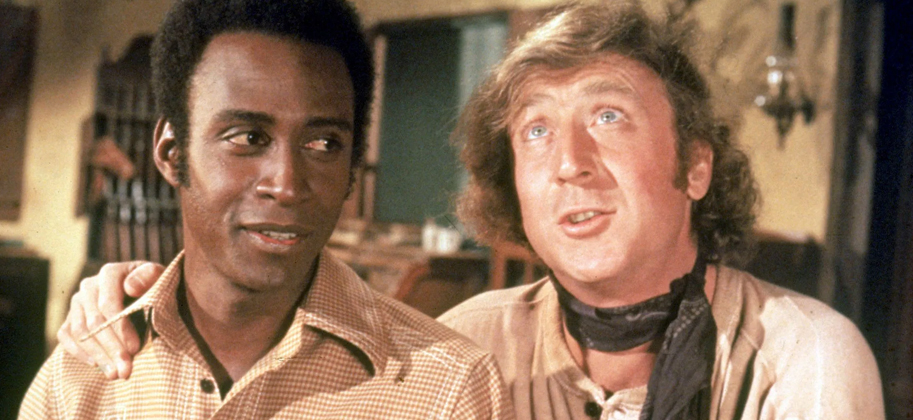
After taking on a role in the Robert Downey Sr. directed Putney Swope, Brooks would return to the directors chair for The Twelve Chairs (1970). The film would receive solid reviews hailing it as one of the funniest films of the year but would ultimately not be financially successful. Luckily, Brooks had a few ideas brewing that would take him from Oscar Winning Writer to full blown Legend. While voicing the Blond-Haired Cartoon Man on The Electric Company (1971-1977), Brooks would write and direct two of the biggest comedies ever made: 1974’s Blazing Saddles and Young Frankenstein. Both films would be selected for preservation by the Library of Congress National Film Registry as Culturally, Historically or Aesthetically significant pieces of work while Young Frankenstein would receive an Academy Award Nomination for Best Adapted Screenplay and Blazing Saddles would receive a nomination for Best Song (for which Brooks penned the lyrics) while also winning the Writers Guild award for Best Comedy screenplay written directly for the screen. Frankenstein and Saddles would carry budgets of under $3 million while earning massive box office dollars to the tune of $86.2 million for Frankenstein and $119.6 million for Saddles. In today’s world, which has become a bit too sensitive, Blazing Saddles has come under some scrutiny for its racially charged content, luckily smarter people have prevailed at realizing the “racist” jokes in Blazing Saddles is actually making fun of racism… cuz racism is bad.
Brooks would step back behind the camera for his next satirical take down, this time aimed at the movies themselves with 1976’s Silent Movie. The film tells the story of a producer in the then present day 1970’s trying to get a studio to produce a silent film. Keeping his budgets down, this one costing just $4 million, allowed the film to see profit as it took in $36.1 million worldwide and would garner Brooks a Best Actor nomination from the Golden Globes and another Writers Guild Award Nomination for Best Comedy Written directly for the screen. Keeping up with his penchant for poking fun at his own industry, Brooks would follow up Silent Movie with the Alfred Hitchcock parody High Anxiety, Brooks would even consult with Hitchcock when writing the screenplay for this film. Most people enjoyed the comedy as audiences awarded the film $31 million off a $4 million budget.
After appearing as Professor Max Krassman in The Muppet Movie, Brooks would launch his production company Brooksfilms by taking on his wife’s, Anne Bancroft, feature directorial debut with the Dom DeLuise starring Fatso in 1980, that same year Brooks’ assistant director on High Anxiety, Jonathan Sanger, would come to him with a unique script called The Elephant Man which Brooks agreed to help finance. Brooks remains uncredited for this dramatic David Lynch directed film because Brooks personally asked to have his Executive Producer credit removed as to not confuse audience members who may see his name and expect a comedy. He would go on to producer David Cronenberg’s classic, The Fly and its sequel, The Fly 2.
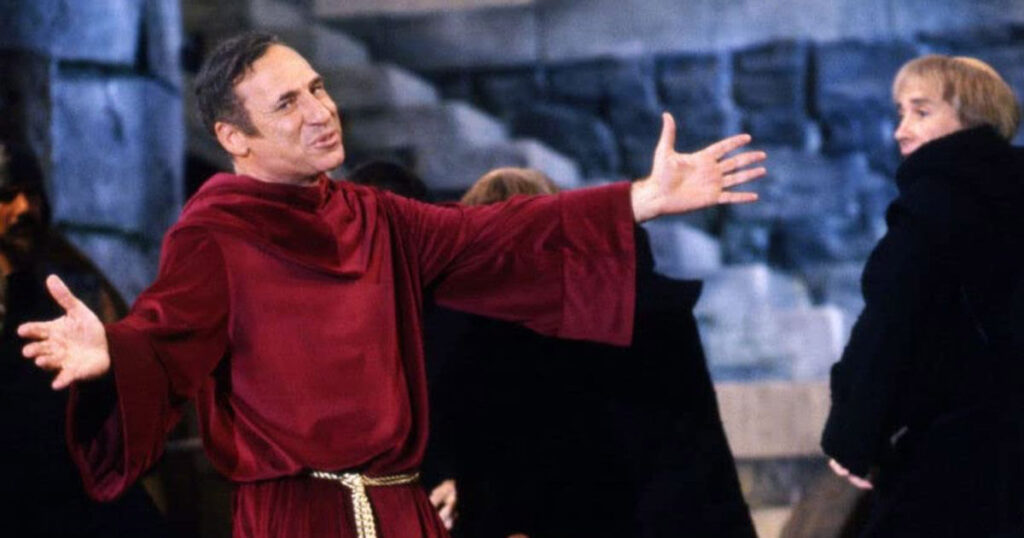
He would return behind the camera for 1981’s History of the World, Part I which in keeping with the very intelligent humor of Mel Brooks, and yes, Brooks’ humor is incredibly intelligent, it is why he is able to do stupid to such perfection, but in keeping with that style of humor, the title
of the film is derived from the Sir Walter Raleigh play The History of the World which was intended to be told throughout several volumes but only the first was ever completed. The film opened against Raiders of the Lost Ark and Clash of the Titans and managed a fourth place finish with $4.8 million, but with just 484 screens, the film represented Brooks’ highest per screen average of his career.
Brooks would decide to take some time off from directing, opting to produce films such My Favorite Year and Frances (both 1982) while producing and starring in Alan Johnson’s directorial debut To Be or Not to Be (1983). Johnson and Brooks already had a strong relationship as he had choreographed many of Brooks’ lavish musical numbers including Springtime For Hitler from The Producers, Putting on the Ritz from Young Frankenstein and theSpanish Inquisition dance from History of the World Part I. The remake of the 1942 film of the same name would allow Brooks to star alongside his wife Anne Bancroft but would unfortunately not be a profitable endeavor as it only managed $13 million off a $9 million budget. Sadly that outdent be the only bomb Brooks would produce in the 80’s. In 1986 he would help finance Solarbabies. Originally agreeing to just a $5 million budget, Brooks was talked into adding another $20 million and adding Alan Johnson to the director’s chair. Unfortunately the production was riddled with so many problems that Brooks reportedly had to fly to the set one day and threaten to fire everyone unless they got back to work. The film would be a massive bomb, pulling in just $1.6 million. In recent years Brooks has said that he initially lost over $9 million of his own money, but through the years with home video and licensing sales he has been able to break even on the project.
And then in 1987 came Spaceballs, which for many people of a certain age was their introduction to the absolute genius that is Mel Brooks. The film plays as a straight up parody of the Star Wars franchise and was given the full blessing of Star Wars creator George Lucas with one caveat: there could be no merchandising, which of course led to one of the funniest scenes in the movie! The film wouldn’t garner the strongest reviews upon its release with critics comparing it to Brooks’ earlier films, and the box office left a bit to be desired pulling in just $38.1 million off a $22.7 million budget… but like most great comedies that fail to make their mark upon their initial release: they are eventually found and cherished, and that is why Spaceballs remains one of Mel Brooks’ most iconic and enduring films.
To kick off the 90’s, Brooks would voice Mr. Toilet Man in Look Who’s Talking Too before stepping back behind the directors chair for 1991’s Life Stinks which would break from Brooks’ tried and true formula of parodies to tell an original story. The results were less than stellar with critics saying Brooks is better at making fun of people like the main character in the film than trying to humanize them while audiences turned their noses up to the film with just $4.1 million off a $13 million budget. Luckily his next film would see him bounce back to the iconic highs he was used to as he would release Robin Hood: Men In Tights in 1993. Audiences loved the musical tale of Robin Hood to the tune of $72 million worldwide off a $20 million budget with the title proving to be a sustainable source of income as it has gone on to be one of Brooks’ best selling films. Brooks would then cameo in The Little Rascals movie before returning to the directors chair for what is to date his final time for Dracula: Dead and Loving It. Sadly, as a massive Mel Brooks fan, even I must admit this movie just was not very funny. It follows the traditional Mel Brooks model, but just seems to miss the joke at every turn. With a budget of $30 million, this one was only able to recoup $10 million, making it one his biggest bombs.
Brooks would take a bit of a break from crafting stories to enjoy the accolades he had earned by turning up in guest spots in several prominent programs including Frasier, The Simpsons, Curb Your Enthusiasm and Mad About You for which he would win three consecutive Emmy Awards for Outstanding Guest Actor in a Comedy Series. But his legend was only about to get
bigger when he decided to take his Oscar Winning film about Broadway The Producers to the actual stages of Broadway in 2001 where the play would set the record for the most wins in the history of the Tony Awards where it won 12 including three statues for Brooks, securing his EGOT status as he had won a Grammy in 1999 for Best Spoken Language Comedy Album for The 2000 Year Old Man in the Year 2000. The success of the play would lead to a a big screen adaptation in 2005 that sadly failed to capture the magic of the stage version, ultimately becoming a box office bomb with just $38.1 million made off a $45 million budget.
Sadly in 2005, Brooks suffered the loss of his wife of over 40 years when the Oscar winning icon Anne Bancroft passed away on June 6 of that year. Brooks would take some time off to grieve the loss alongside their son, World War Z writer Max Brooks, but would soon be back on the stages of Broadway with his 2007 musical adaptation of Young Frankenstein. This play would not enter the zeitgeist the way his Producers adaptation had, but it still managed to secure a broadway.com Audience Award for Favorite New Broadway Musical and would receive three Tony Award nominations.
On TV, Brooks was everywhere, receiving the acclaim due to a person as iconic as Mel Brooks. Whether he was receiving an AFI Lifetime Achievement Award, a Kennedy Center Honor or appearing on TV in shows like Spaceballs: The Animated Series which he created and returned to voice Yogurt. His iconic raspy voice could also be heard on the big screen in hit films like Robots (2005), Mr. Peabody & Sherman (2014), Hotel Transylvania 2&3 (2015/2018), Toy Story 4 (2019) and Paws of Fury: The Legend of Hank (2022) which is actually a loose remake of Blazing Saddles with the original title being Blazing Samurai and Brooks receiving screenplay credit.
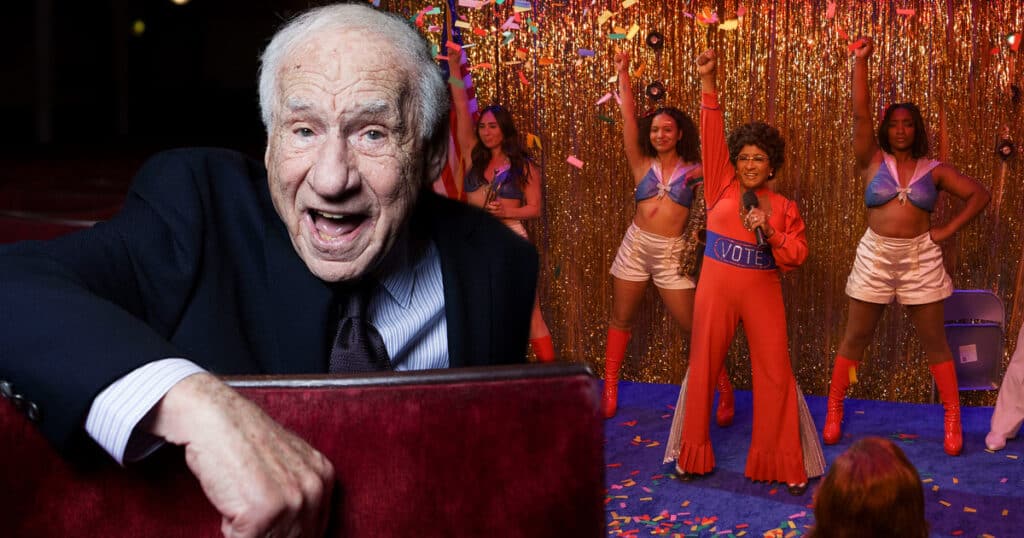
When he wasn’t providing smooth vocals, he was getting nominated for Emmy’s by simply being himself on stage with the 2012 Emmy nominated Mel Brooks and Dick Cavett Together Again followed by 2013’s Emmy nominated Mel Brooks Strikes Back followed by 2015’s double Emmy nominated Mel Brooks Live at the Geffen. That is how good Mel Brooks is, all he has to do is discuss his career and it is awards worthy! Brooks is one of the last remaining stars of an era of show business that shaped the entire industry. The word legend can be thrown around so much that it sometimes loses its meaning, but for someone like Mel Brooks, for the iconic career he has had and the indelible mark on the industry he has left, that is the only word fitting for a person of his stature. He always seems to understand what going on in pop culture – always knows exactly what intellectual property or genre to poke fun at – horror films, westerns, Star Wars or Kevin Costner – he always has his funny finger on what audiences wanted to laugh at – on the zeitgeist or whatever but he didn’t seem to quite understand what audiences wanted with History of Wold Part 2 though. But the great thing about Mel Brooks is that he is far from finished.
Earlier this year he released an uanessacry sequel series History of the World, Part II on Hulu – which completely ruins the joke of calling the first one Part One but whaterver… many critics liked Part Two but it just felt like that wrong path to take right now – but half of fracking all the funny people in Hollywood are in the thing simply because they wanted to be a part of the Mel Brooks legacy of laughter… wanted to literally be a part of history. Plus Mr. Brooks was recently announced as a recipient of an Honorary Oscar at next years Academy Awards… all while recently turning 97 years young! In a recent interview with People magazine, Brooks said “A long time ago I was given a choice: I had an offer to be working as an apprentice accountant or as a coffee runner in show business. I’m still glad I chose the coffee.”
So nobody should give a fuck about what the fuck happened to Mel Brooks, as he is doing just fine.



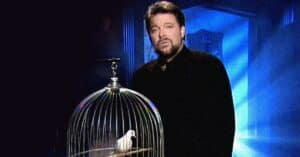
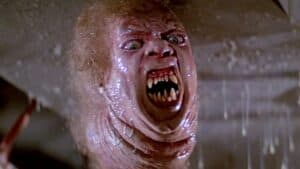

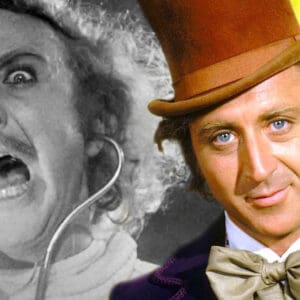
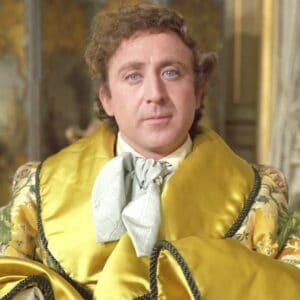
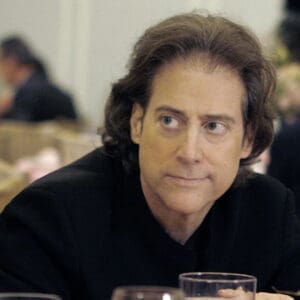

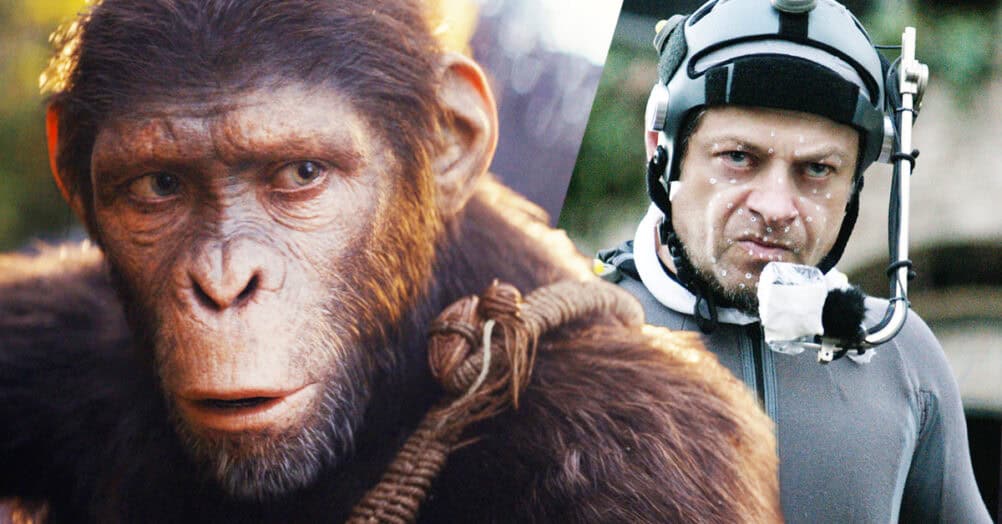



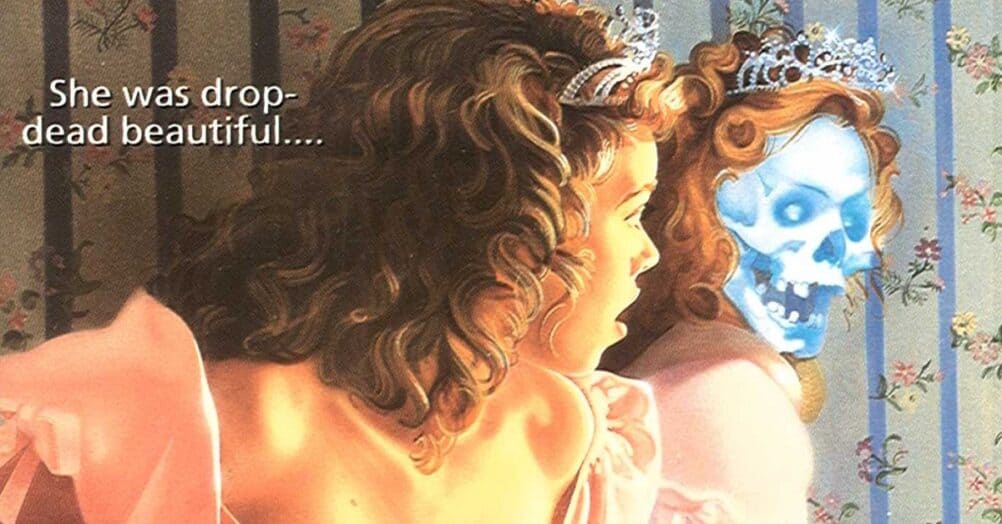
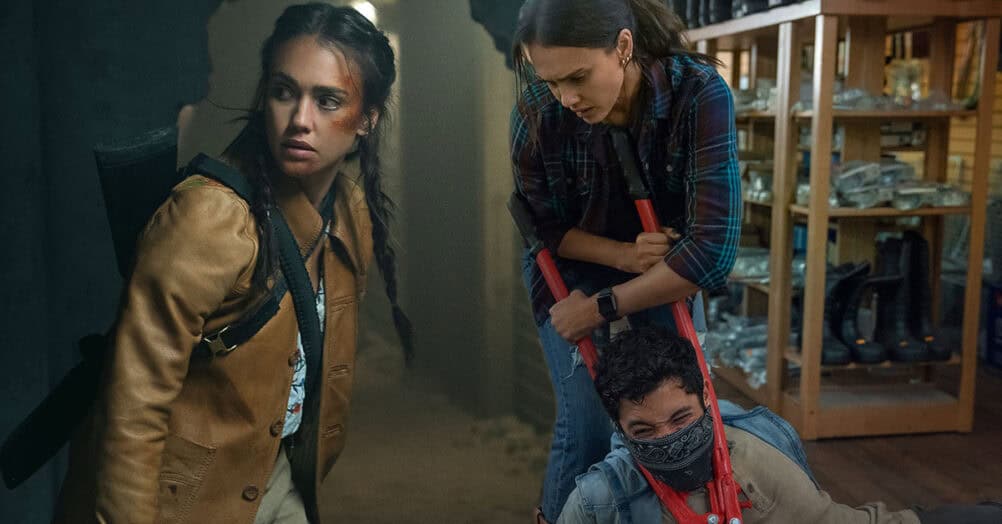
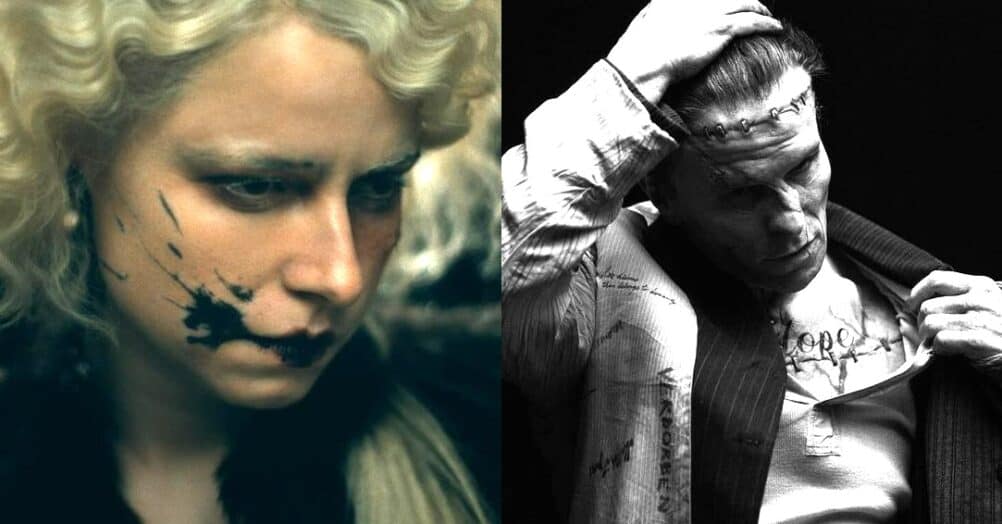
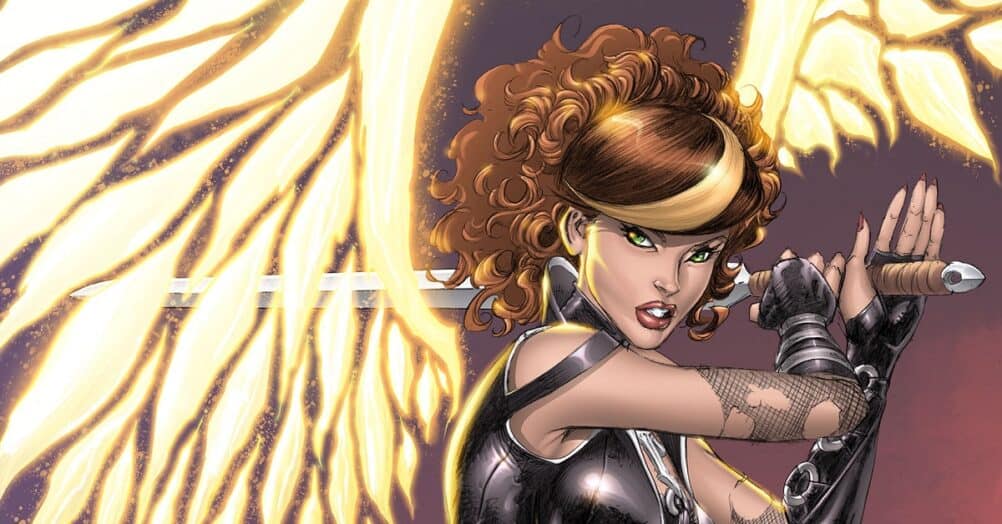
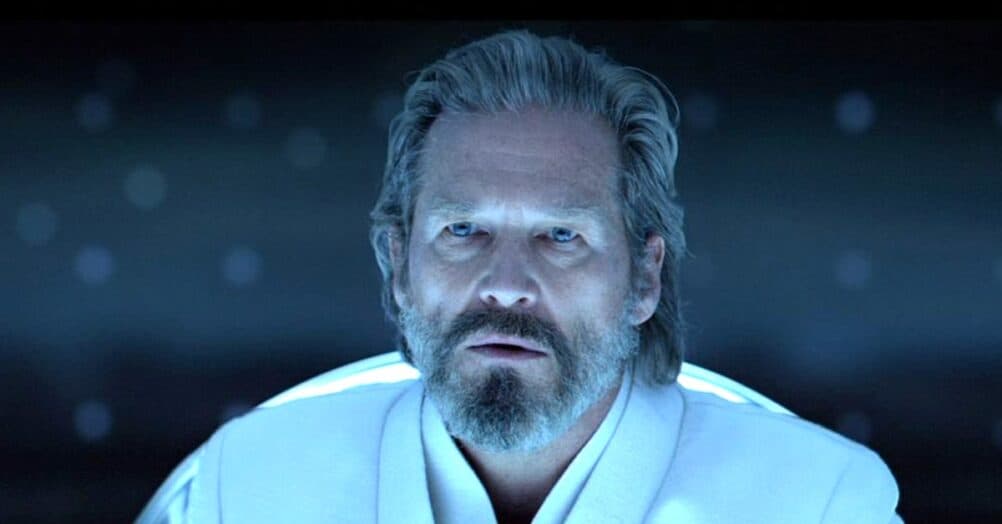
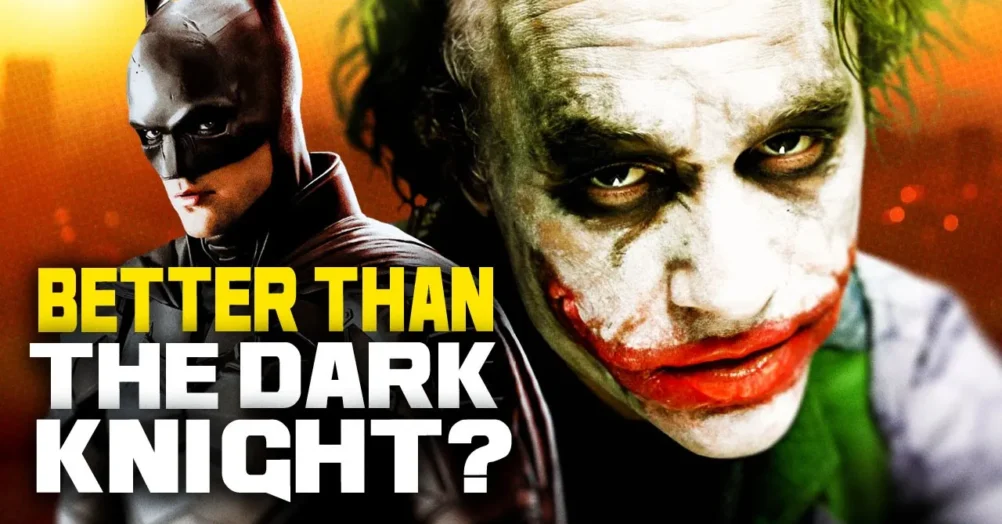
Follow the JOBLO MOVIE NETWORK
Follow us on YOUTUBE
Follow ARROW IN THE HEAD
Follow AITH on YOUTUBE